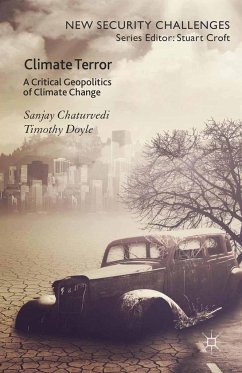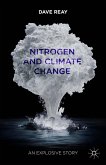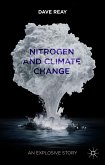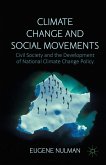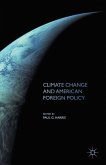"This well-documented work makes the implicit argument that the science and mainstream policies of global climate change, and indeed their critiques, have tended to focus upon the perceptual frameworks of the north rather than south, and in so doing, have to a degree diverted attention away from more immediate north-south social, political, and economic inequities. ... Summing Up: Highly recommended. Graduate, research, and professional collections." (C. W. Herrick, Choice, Vol. 53 (5), January, 2016)
"It offers an invaluable contribution because it combines and fully develops a number of important critical angles - there are not many books doing that, if any at all. ... The book will represent an important resource for critical scholars approaching the field of climate politics, as well as a necessary starting point for those working on and towards decolonized and progressive climate politics." (Giovanni Bettini, Progress in Human Geography, January, 2017)
"It offers an invaluable contribution because it combines and fully develops a number of important critical angles - there are not many books doing that, if any at all. ... The book will represent an important resource for critical scholars approaching the field of climate politics, as well as a necessary starting point for those working on and towards decolonized and progressive climate politics." (Giovanni Bettini, Progress in Human Geography, January, 2017)

